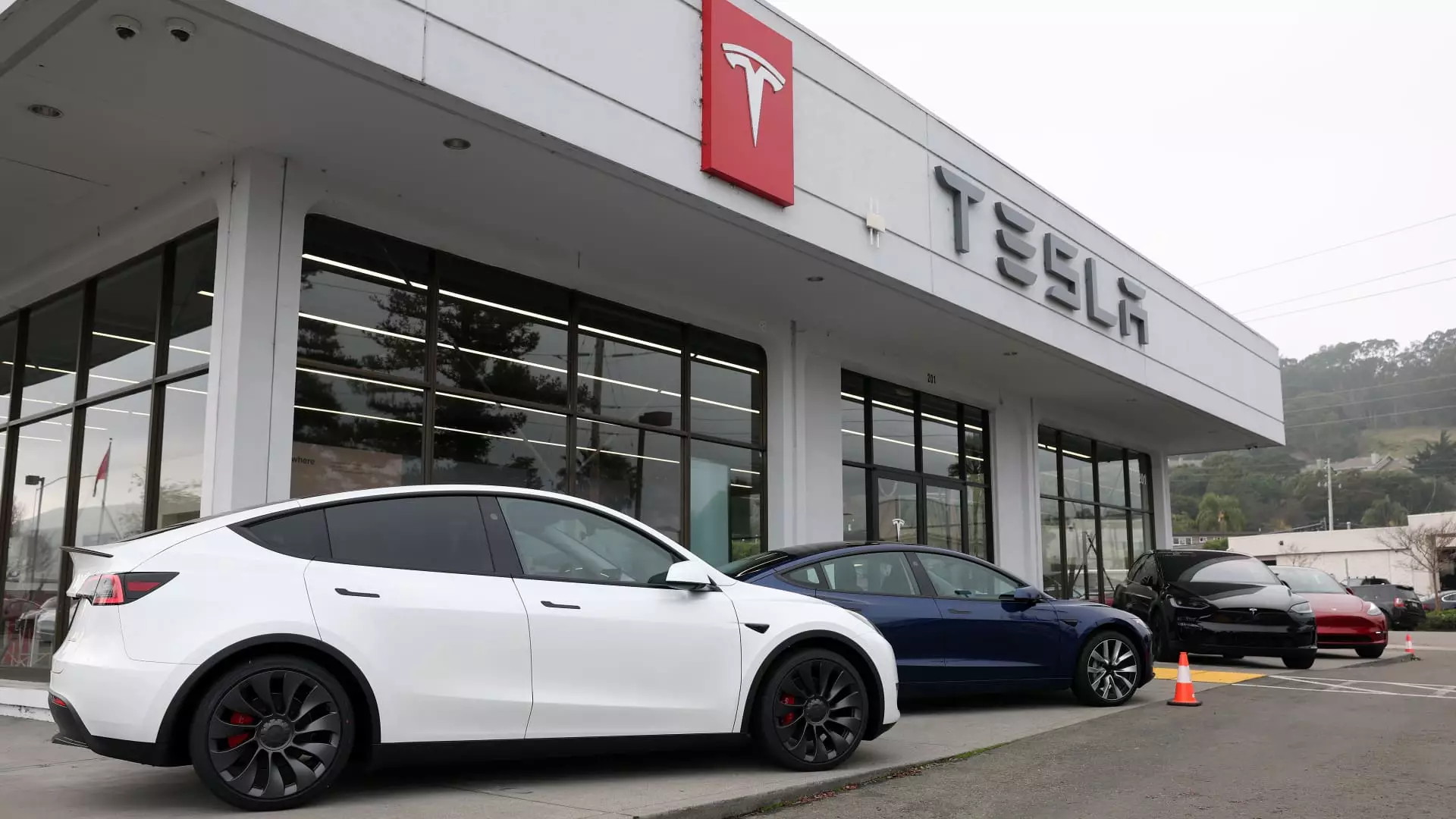Recently, Tesla announced the voluntary recall of over 376,000 vehicles in the United States, a significant action taken to address issues related to power-assisted steering systems. This recall predominantly affects the Model 3 and Model Y vehicles produced between February 28, 2023, and October 11, 2023, which utilized outdated software versions. The decision was found in records provided by the U.S. National Highway Traffic Safety Administration (NHTSA), showcasing Tesla’s commitment to maintaining vehicle safety standards amid increasing scrutiny.
The problem lies with the printed circuit boards within these steering systems, which have been identified as potentially defective. If these boards become overstressed, the power-assisted steering can fail when a vehicle stops and then accelerates. Such a failure would necessitate significantly more physical effort to steer, potentially increasing the risk of accidents—a serious concern for drivers and passengers alike.
Despite recognizing these issues, Tesla has stated that it is unaware of any crashes, injuries, or fatalities resulting from this power steering malfunction. To ameliorate the situation, the company is providing an over-the-air software update intended to rectify the problem without requiring the vehicles to be taken into service centers. This approach continues Tesla’s trend of utilizing advanced technology for vehicle maintenance, but it raises important questions regarding the effectiveness of software solutions in addressing hardware malfunctions.
This recall is not an isolated incident. It follows a similar investigation and voluntary recall in China regarding the same issues. Such repeated concerns about the power steering systems point to potential lapses in quality control during manufacturing processes and may reflect broader risks within Tesla’s rapid production scale.
The backdrop to this recall includes the evolving regulatory framework that governs vehicle safety, particularly as it pertains to autonomous driving features. Tesla’s Autopilot and Full Self-Driving (FSD) capabilities have been prominent in discussions about the potential for transformative driving technology. However, these advanced features require vigilant attention from drivers, undermining the idea that these vehicles can operate as fully autonomous units.
The current regulatory environment is further complicated by political dynamics. Elon Musk’s recent appointment to lead a federal workforce reduction initiative implies a significant shift in regulatory oversight. Reports indicate that the NHTSA’s workforce has been reduced by approximately 10%, raising concerns about the agency’s capacity to adequately monitor and enforce safety regulations across the automotive industry.
As Tesla navigates this challenging period, the implications of this recall extend beyond immediate safety concerns. The company’s relationship with regulators and its commitment to quality assurance will be critical in maintaining consumer trust and safety. The decision to implement an over-the-air fix indicates innovation within Tesla’s operational model, but it also emphasizes the necessity for comprehensive oversight in a rapidly evolving industry.
While Tesla’s quick response to the power steering issue might reflect its dedication to customer safety and technological advancement, it simultaneously serves as a reminder of the perils of rapid innovation without sufficient regulatory scrutiny. Stakeholders must remain vigilant as the automotive landscape continues to transform, emphasizing the balance between cutting-edge technology and consumer protection.

